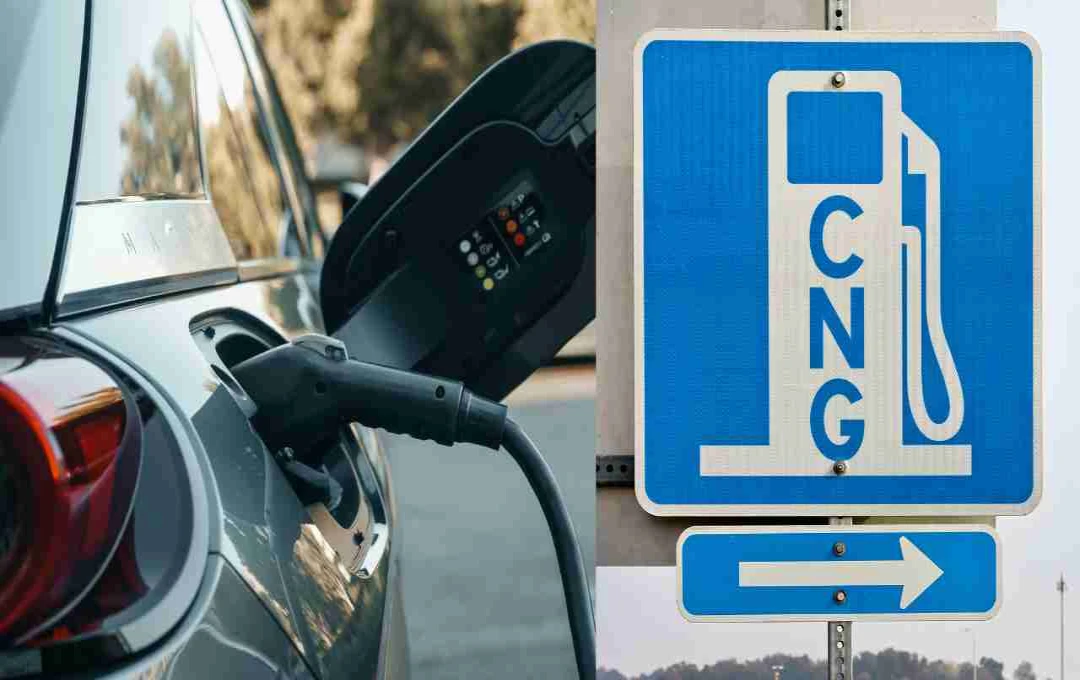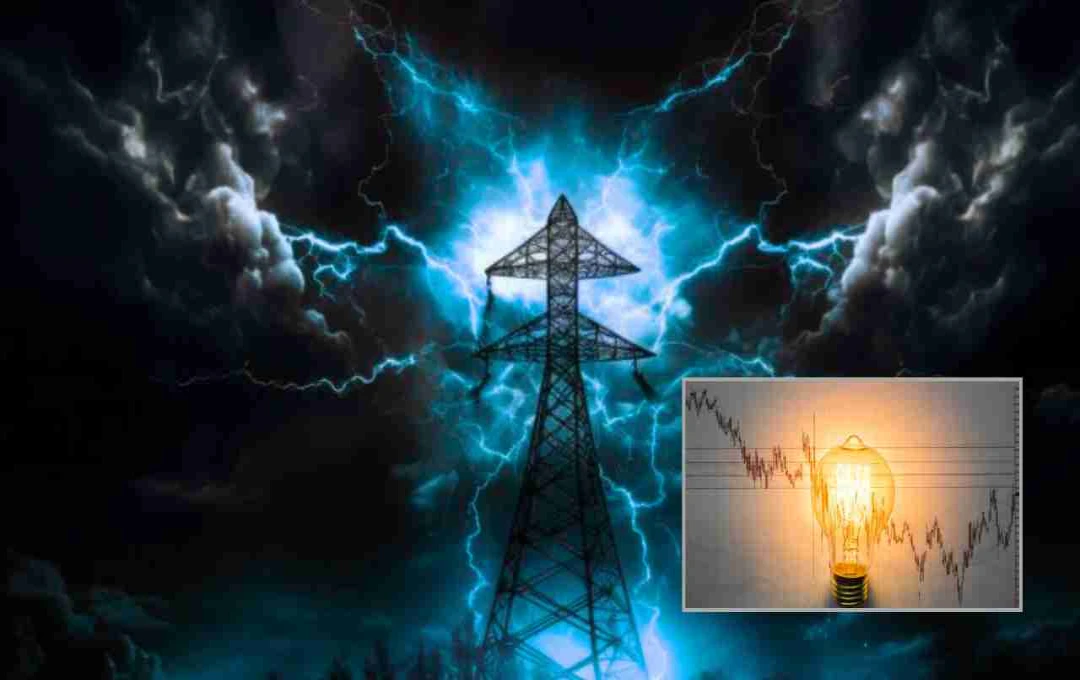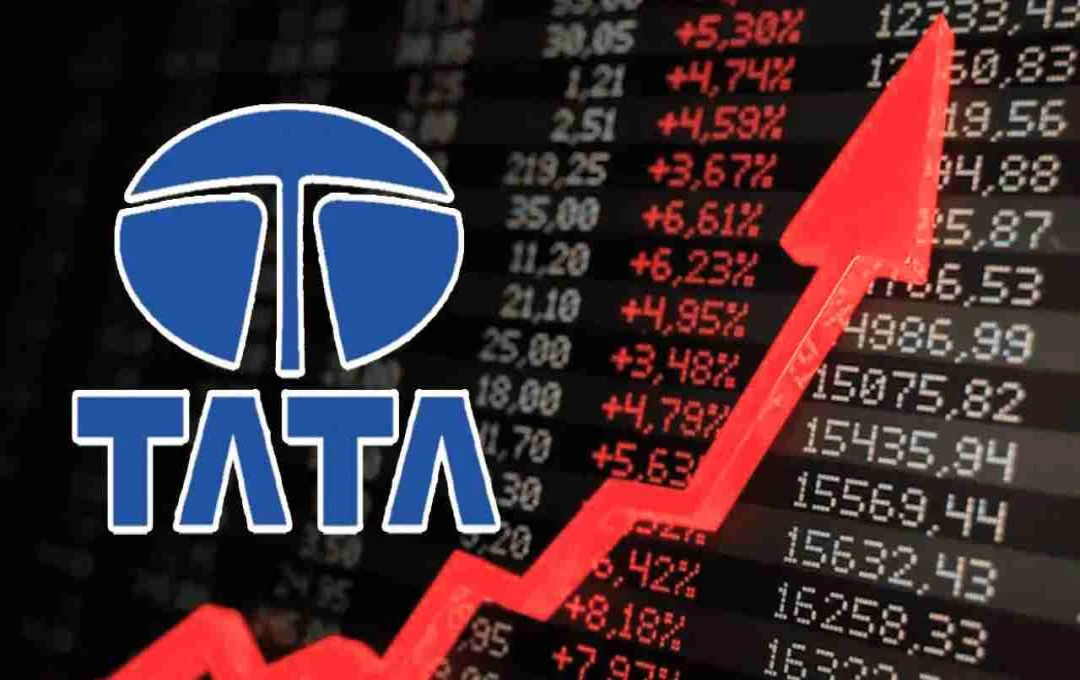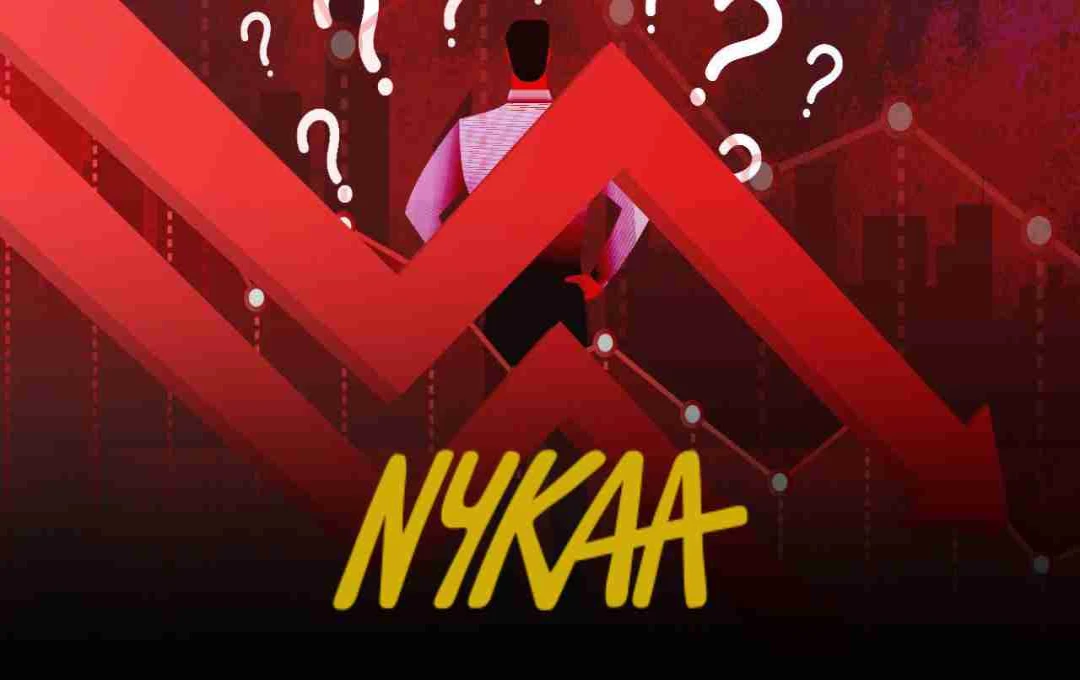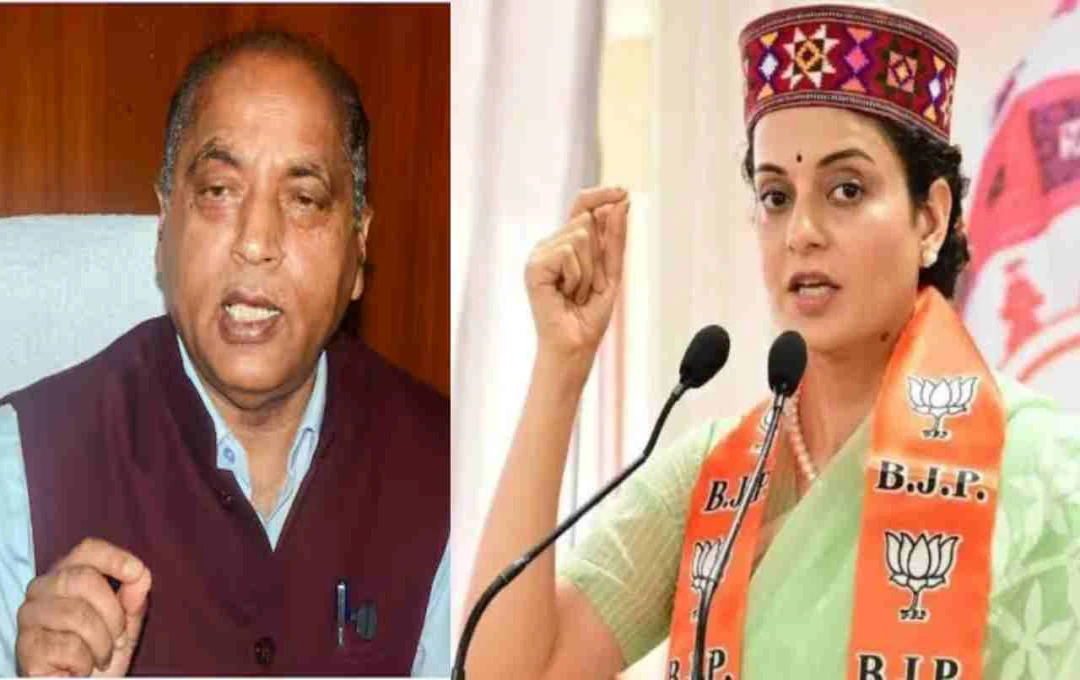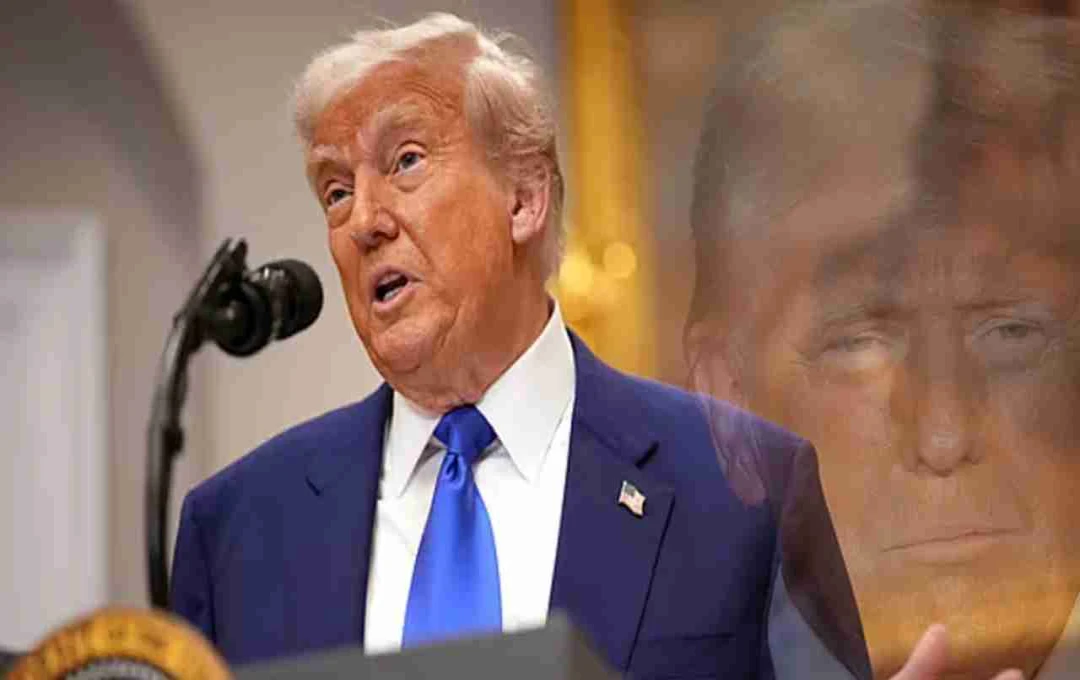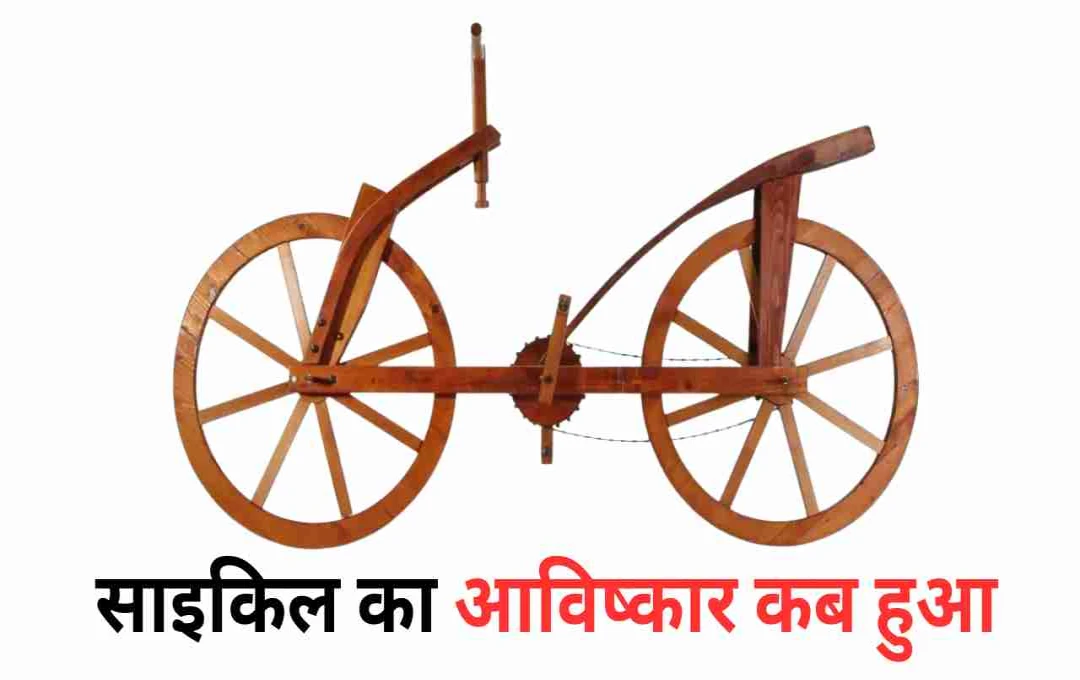Nomura's recent report suggests that Compressed Natural Gas (CNG) alongside Electric Vehicles (EVs) may see rapid adoption as automotive fuel in the coming years.
While the world rapidly transitions towards electric vehicles, the debate surrounding alternative fuel options in developing nations like India extends beyond battery-powered cars. Nomura, a Japanese global investment bank, presents a surprising yet practical perspective in its latest report, suggesting that despite the growing popularity of EVs, Compressed Natural Gas (CNG) is likely to maintain its position as an auto fuel in the coming years.
The report presents a balanced view of CNG's potential, government policies, environmental pressures, and market realities. Let's delve into the report's key takeaways.
CNG vs. EV: Not a Clash, but Coexistence Expected
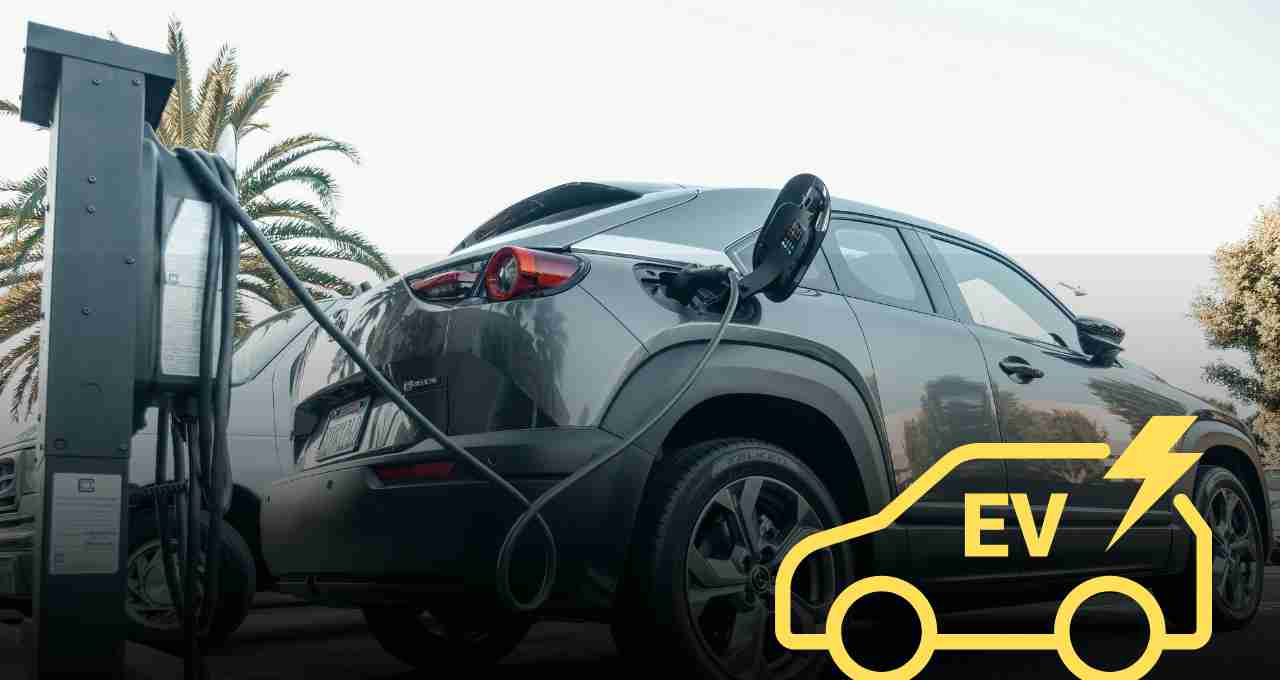
Nomura's report's most interesting conclusion is that CNG and electric vehicles may not be competitors but rather parallel fuel options in India's evolving automotive landscape. While several states are rapidly adopting EVs, potentially impacting CNG growth, the report suggests both technologies can coexist in the coming years.
CNG will likely remain a viable solution, particularly in public transport and taxi services where battery range limitations and charging infrastructure challenges persist. The report also hints at the possibility of governments prioritizing a multi-fuel strategy instead of focusing solely on one fuel solution.
Delhi: Preparing for the Next Step in the Clean Fuel Race
The report uses India's capital city, Delhi, as a case study. According to Nomura, Delhi's severe air pollution has prompted the government to continuously implement new clean fuel solutions. Diesel vehicles are already banned, and future restrictions on CNG vehicles are anticipated.
While this is a preliminary assessment, it suggests that in megacities like Delhi, where air quality is critically poor, the government might aggressively promote electric vehicles. However, Nomura believes this pressure will be localized, and CNG will still find ample opportunities in other cities.
Mumbai: Balanced Policy Could Ease the Path for CNG
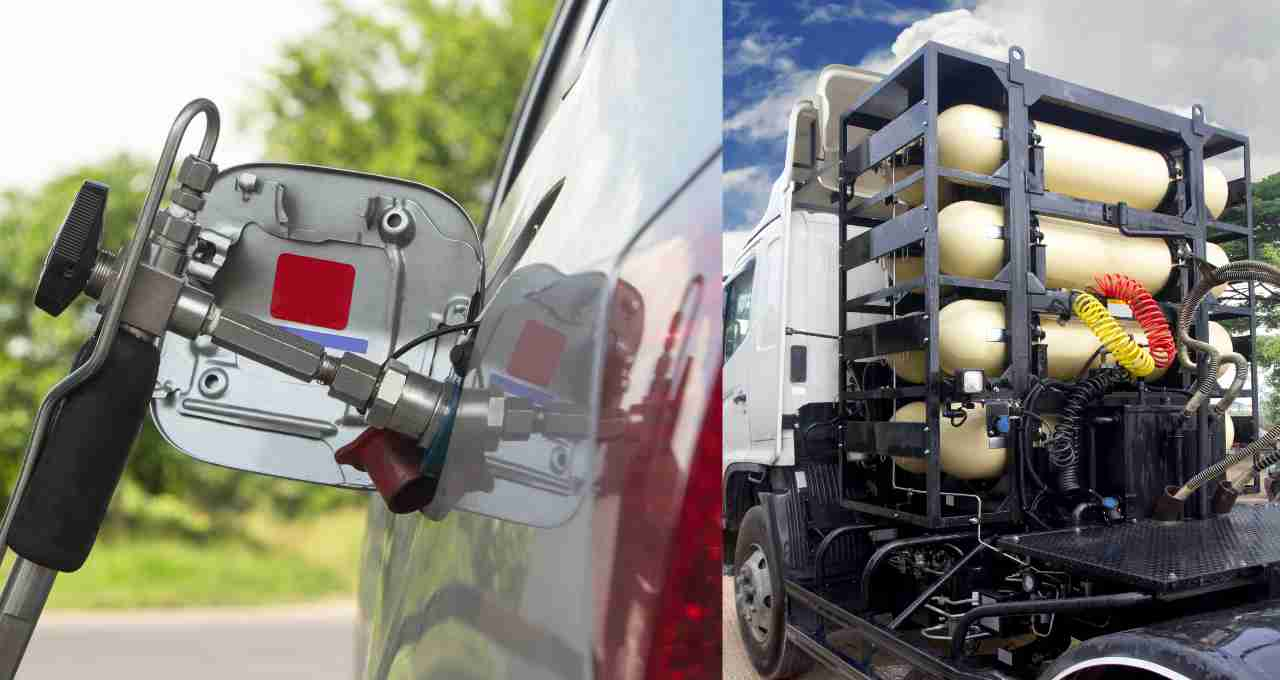
The report's assessment of Mumbai is somewhat different. Being a coastal city, Mumbai's air quality is relatively better than other metropolitan areas. Therefore, the likelihood of immediate stringent policies on CNG in Mumbai is low.
Nomura's analysis suggests that Mumbai's electric vehicle policy will primarily focus on liquid fuels like petrol and diesel. This could directly benefit CNG, as the government might promote both CNG and EVs as alternatives. This could strengthen the policy of retaining CNG as an alternative fuel in the city.
MGL's Involvement and Expected Policy Support
The report also mentions that a committee, overseen by the High Court, is working on Maharashtra's EV policy, with the participation of Mahanagar Gas Limited (MGL). MGL is a major CNG supplier in Maharashtra, playing a crucial role in the sector.
During MGL's recent investor day, the company's management expressed confidence that the upcoming policy wouldn't harm CNG but might support it. MGL believes the state government will move towards a multi-fuel model instead of focusing solely on EVs, providing opportunities for CNG growth.
Market Realities and Logistical Issues Favor CNG
Despite India's growing EV adoption rate, challenges remain: limited charging infrastructure, high battery costs, expensive vehicles, and logistical issues. Conversely, CNG vehicles are comparatively cheaper, and a CNG distribution network is already established across many parts of the country.
CNG remains the preferred choice in sectors like public transport, taxis, and auto-rickshaws, where battery-powered vehicles are not yet practical. Therefore, until EV technology matures completely, CNG can be considered a robust and sustainable fuel alternative.
